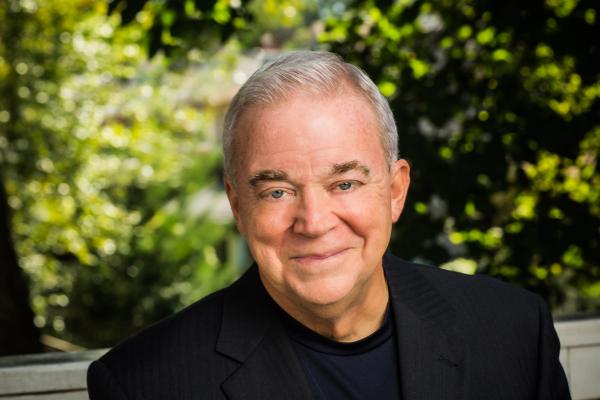Nov 9, 2012
We were stoked to sit down with Jim Wallis, Sojourners guru, political activist and all-around change agent for the common good to chat up what happened during the most recent elections. We talk about what comes next, how the parties will respond to the electorate and where both sides can come together for real change.
And although Jim Wallis does sound a little bit like Darth Vader in this episode, it’s not his fault. We had an audio glitch in the recording in our haste to get this to you quickly.
Listen to the podcast and read a partial transcript inside the blog ...
Read the Full Article

Already a subscriber? Login
